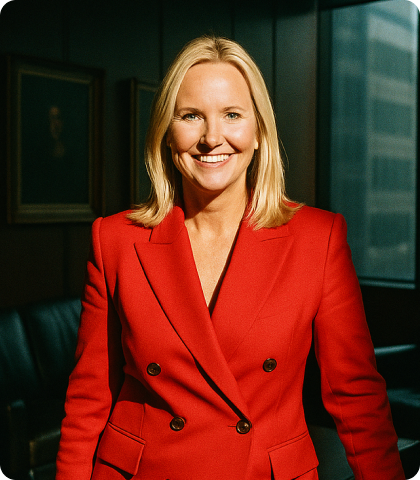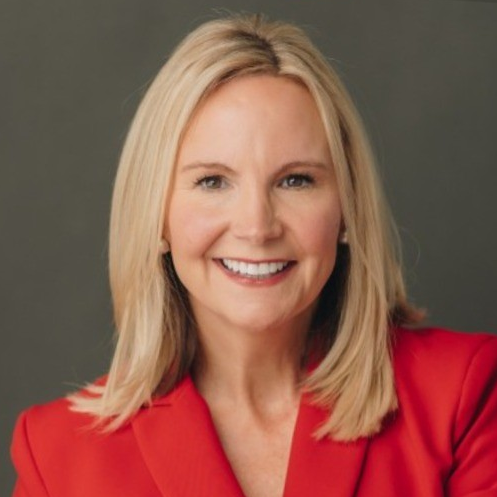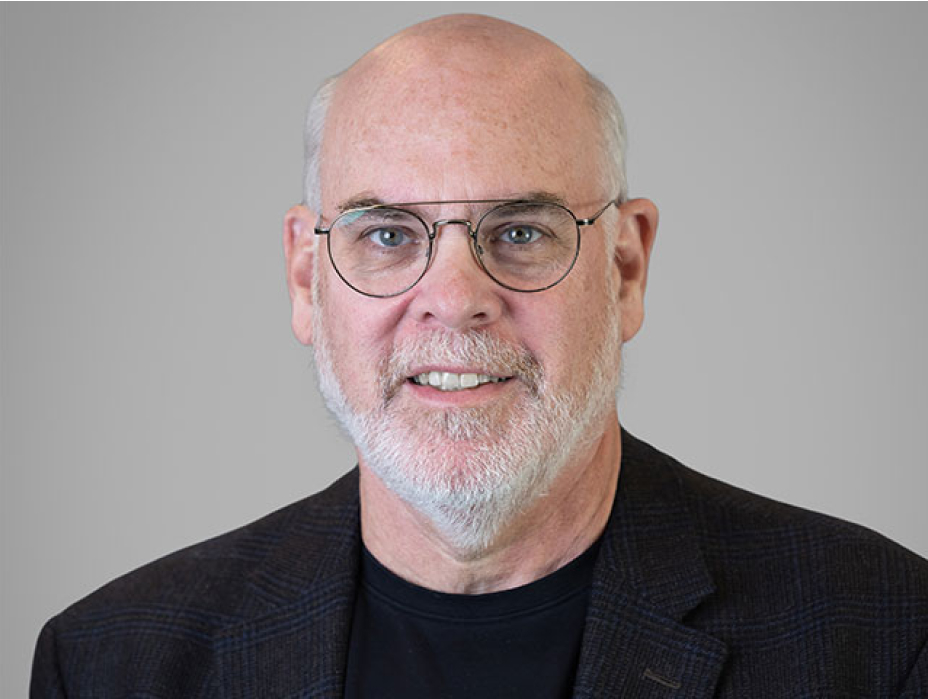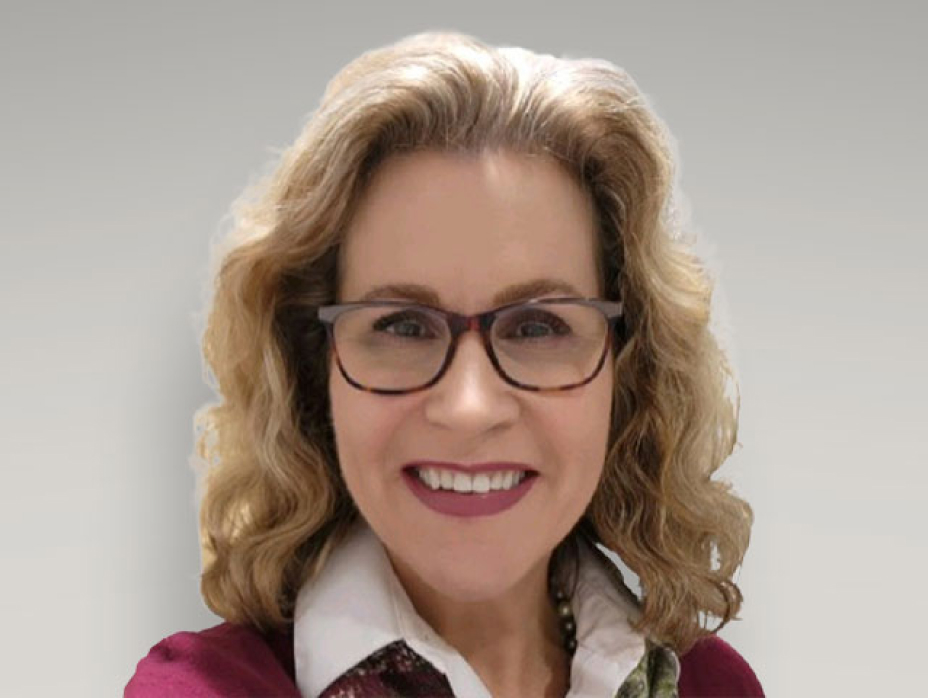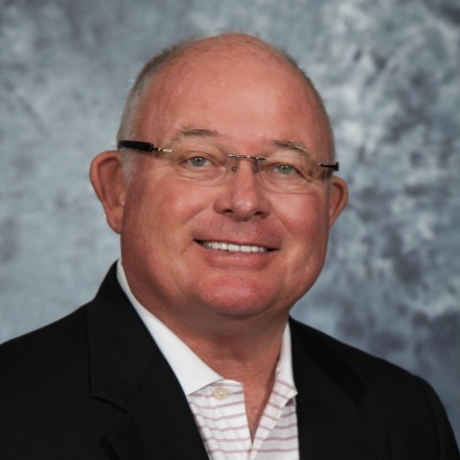A veteran insurance executive turns a stark gender disparity—women make up 60% of the workforce but only 20% of leadership—into a movement to prepare the next generation before 400,000 professionals retire
With two decades handling client crises for a variety of major insurance agencies, Tinsley English should have been sleeping soundly as she was about to assume a leadership role during her second tenure at Marsh McLennan Agency, the place she started her two-decade career.
It was three o’clock in the morning. The current SVP of Regional Business Insurance Operations at Marsh McLennan Agency Southeast was about 5 years into her now 9-year stint when she experienced what she describes as a “divine calling” — one that would reshape her approach to an industry-wide crisis: women’s underrepresentation in the C-suite. The fact that women comprise 60 percent of the insurance workforce, but occupy only 18 to 20 percent of executive leadership positions had to be addressed.
“It wasn’t one of those Sunday scary wake-ups,” English recalls of that pivotal moment. “It was like a call from above that said: You have been through a lot, seen a lot, grown up in this industry for 25 years. Put it in a book.”
The result was Grit, Growth, and Gumption for Women. Published in April 2024, English ultimately produced the workbook-style guide she describes as “the instruction manual I didn’t get when I was promoted from an account manager to a senior account manager.”
She deliberately crafted it to be accessible to all readers, not just ones who easily devour MBA-style tomes filled with industry jargon. Her basic goal was ensuring that language barriers wouldn’t prevent anyone from accessing leadership guidance.
The book’s timing is critical, English argues. The insurance industry faces an unprecedented talent crisis, with 400,000 professionals expected to retire within the next three years. This mass exodus threatens to drain institutional knowledge from an industry that, despite technological advances, remains fundamentally relationship-driven.
English’s own career trajectory in insurance began pragmatically. As a University of Georgia student, she initially struggled with international business—partly due to a Southern accent that clashed with French pronunciation requirements. Eventually, she pivoted to the risk management program, which she discovered had a 95% placement rate. Her mother, an interior designer, worried her daughter would be “so bored.” But three months later, English called home with news of a fully paid internship with a global broker in San Francisco.
Her mother, an interior designer, worried her daughter would be “so bored.” But three months later, English called home with news of a fully paid internship with a global broker in San Francisco.
Twenty-five years in, she’s never struggled to find work in the field. It’s a promise of stability that should appeal to college graduates encountering a job market and economy that appear endlessly volatile. So why aren’t more women drawn to insurance careers?
One problem is that the industry has done a poor job of communicating the virtues of a life in insurance. The other is that the industry has done an even poorer job of providing a leadership path for the majority of the women who are initially attracted to work itself.
The “three G’s” of leadership
Her leadership philosophy centers on what she calls the “GForce principle,” built on three pillars: grit (encompassing adaptability and resilience), growth (emotional intelligence and empathy), and gumption (strategic decision-making despite vulnerability). These weren’t always her strengths.
At 35, frustrated with her team and sensing their reciprocal frustration, she invested $2,500 she couldn’t afford in an executive coach. The 360-degree review revealed a painful truth: “Everybody knows that you love them and that you want the best for them, but you love them too hard.”
This revelation about her tendency to micromanage sparked a transformation in her leadership approach. “I didn’t know how to let go and let them put their own spin on things or let them try,” she admits.
The experience taught her that empathy—which she now considers central to effective leadership—wasn’t about expecting others to perform exactly as she would, but about understanding their unique perspectives and capabilities.
The book features insights from 14 women whose experiences reinforce each leadership principle. English wanted readers to “carry this book around.” So she deliberately chose to release it as paperback instead of hardcover so it could withstand “the reality of women’s purses.” She also anticipated the book encountering coffee stains and kids’ cookie crumbs as a working mom herself. “I want it to be messy,” she says. “I want you, the reader, to write in the book and make it your own.”
Her approach extends beyond publishing. English has taken her ideas from the page into real life with her 24-Carat Leader coaching program. The program is named for her belief that everyone possesses innate brilliance waiting to be uncovered. Named for the pure quality of gold known as a high-valued investment, the program encourages women to value their own leadership.
Typically, English guides emerging leaders through 45-day “cohorts” where women can gather as peers and share advice. The book also inspired English to launch a podcast of the same name in December 2024, where she explores everything from faith in the workplace to supporting women in Africa’s insurance industry. She maintains these ventures while working full-time and raising a family, driven by passion and purpose.
The retirement tsunami
The industry’s gender disparity becomes particularly acute at the career stage when professionals typically ascend to C-suite positions. Men often hit their executive stride between ages 55 and 60, English says. That’s the same age period when many women face health challenges, including menopause, that might be misinterpreted as burnout.
“Do people think we’re tired and we just want to retire?” she says, shaking her head. “Maybe some of us are trying to hit our stride. But we need some support in that area.”
Her solution to the looming retirement crisis is elegantly simple: Don’t let institutional knowledge walk out the door. She advocates for flexible arrangements that keep experienced professionals engaged as consultants, part-time workers, trainers, or advisors on key accounts. “Even two years would make a huge difference,” she argues.
As artificial intelligence transforms the industry, English sees opportunity rather than threat. She envisions AI handling “the lowest hanging fruit” such as policy comparisons, endorsement checks, and loss run pulls. In turn, AI should be used to create space for what truly matters, namely, “more impactful conversations with clients” on mentorship, and relationship building, English says.
Building bridges beyond borders
English’s mission extends beyond individual advancement. Working with Heather Blevins, known as “the insurance rebel,” she’s developing programs for women in Africa’s growing insurance sector. Her ambition is a huge one: helping one million women by 2026.
For someone who once thought she’d study dolphins and sharks, English has found her ocean in the vast expanse of untapped female leadership potential in insurance. At nearly 50, she’s embraced a philosophy that captures both her urgency and her approach to systemic change: “It’s more important to do something messy and imperfect than to not do it at all.”

